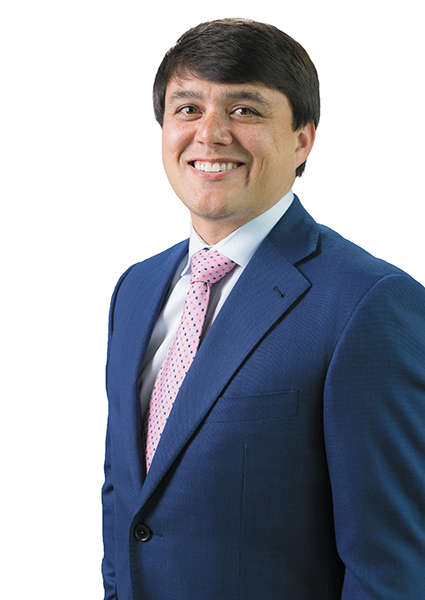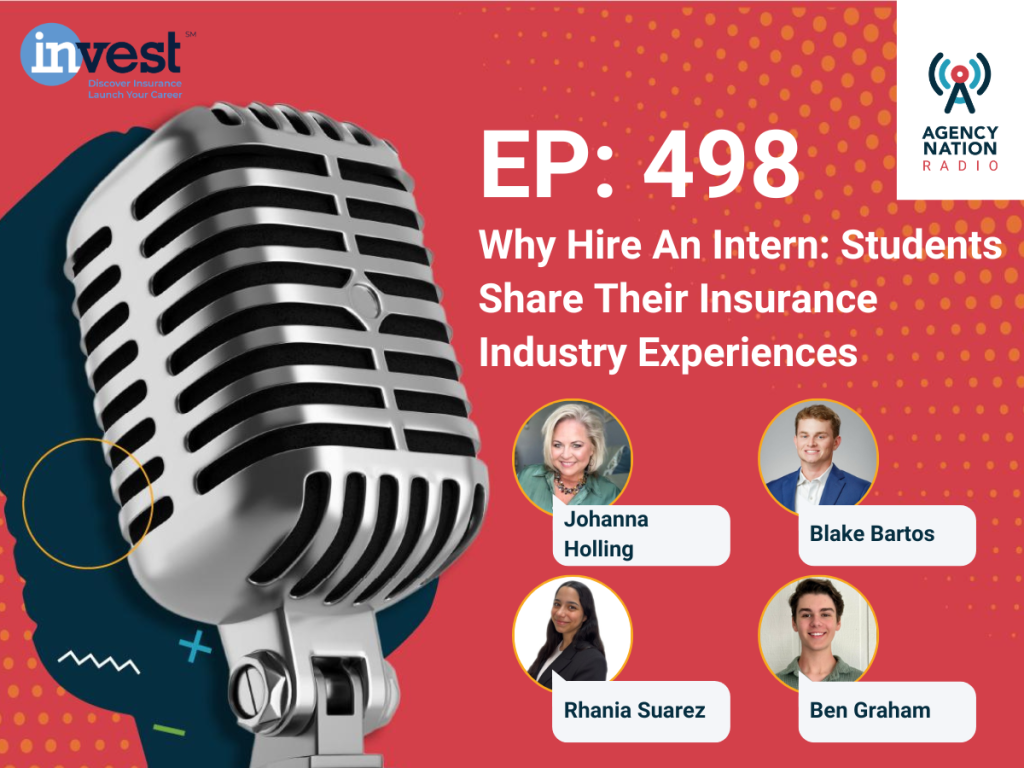Declaration of Independents: Marc Escalona
By: Jacquelyn Connelly

Marc Escalona
Vice President, Captive Practice
Cobbs Allen
Birmingham, Alabama
When Marc Escalona traded in his health care consulting career to become a p-c producer for an independent agency, his initial strategy was to prospect “full-throttle” in a very specific industry.
“I was thinking, ‘If I can set meetings, I can sell insurance,’” recalls Escalona, 35. “But it ended up being a colossal waste of time. I spent the better part of a four- or five-month period calling on an industry that wasn’t part of our agency’s core competency.”
Today, Escalona considers that introduction a crucial learning experience: “My biggest mistake was not listening to people who have been here before.”
ADVICE FOR YOUNG AGENTS?
The personalities that get into insurance sales tend to be high achievers—they were captains of their sporting teams and presidents of their Greek organizations. They’re used to winning. You get into insurance and you’re on this huge learning curve, because you’re up against people in their 50s and 60s who have been doing this for a long time. It’s tough to accept defeat when you’re not used to defeat, but you don’t know what you don’t know. You have to learn from your mistakes.
MOTIVATION?
That’s pretty easy, right? You eat what you kill when you’re a commission salesman. You don’t get the luxury of falling back on someone else doing something for you. It ends up being a self-motivating industry.
Realistically, the motivation’s to just provide for your family and the people who need you. That also means being a participating, successful person in your company so you feel like you’re pulling your weight—succeeding in those goals so you can go back to the office and say, “These are the things I’ve done that have added value.”
YOUR ROLE?
When I first started at Cobbs Allen six years ago, I was just a general p-c producer. About three years in, I was approached by management to take on a different role, which was to oversee our Captive Group division. Now, I serve a few roles: to produce my own business in the captive space, to oversee the overall existing relationship with our captive managers, and to help everyone else sell more of that product.
WORKING REMOTELY?
I’m based in Washington, D.C.—my wife works for the Administration, so we moved up here last March. Cobbs Allen is headquartered in Birmingham, Alabama, but we have seven or eight offices, and they’re all located predominantly in the Southeast. I’m trying to essentially create a brand and an awareness of our agency that doesn’t exist yet. It’s extremely gratifying when it happens, but it’s also a challenge.
PERPETUATION?
There’s nobody out there talking about insurance being this sexy industry. You see all these movies about people in that Wall Street-type space who are out there just crushing it—that’s a lot more attractive than going into insurance and grinding out 20 years and making a lot of money over time. Insurance is hard work. It’s not instant gratification. It’s not something that comes overnight, and it can be a grind. That grind is a lot of times not super appealing.
But this industry offers a lot of freedom and flexibility, and the compensation isn’t too shabby if you do well at it. It’s a good industry for younger people to start building a career because it has such an aging population. There’s a wealth of knowledge in the insurance marketplace, but that knowledge is aging out. Our ability to recruit, retain and train the younger generation is going to be a key success factor for the whole industry.
INDUSTRY’S GREATEST WEAKNESS?
I don’t think we do a good enough job acknowledging and exploiting people’s strong suits in creative ways. We can be very cookie-cutter—we take someone who brings an incredible skillset and we fail to utilize it, because we’re putting people into a strategy that’s kind of lock step: “You do this, you do this, you do this and you’ll be successful.” But people have different ways of being successful. If somebody can cold call really well, put them with a senior person who can produce the business really well so they become a complementary team.
Photo by Pruitt Allen










